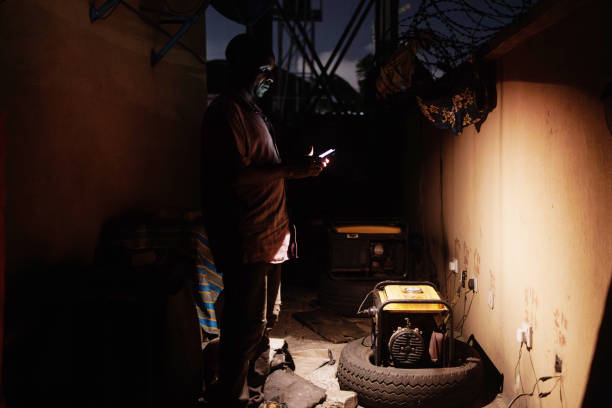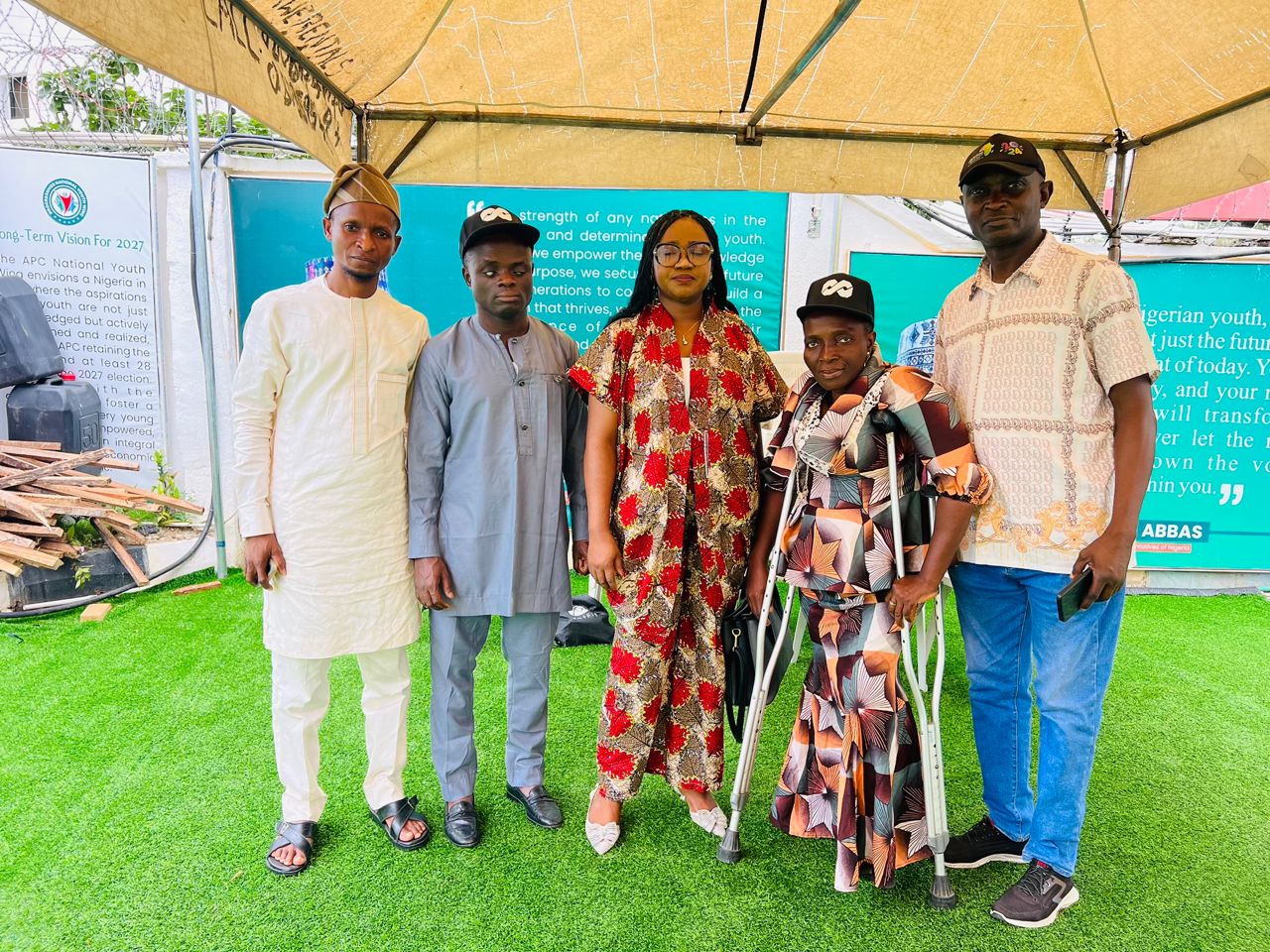In 2025, with the world obsessed with AI, smart cities, and flying cars, many Nigerians are still doing battle with the age-old enemy — darkness. Not spiritual darkness o, but the physical one caused by our beloved “NEPA” (now known as DISCOs), which still treats electricity like a visitor on visa: it comes and goes.
From Lagos to Lokoja, Enugu to Ilorin, Nigerians are living in what can best be described as a hybrid era — half digital, half candlelight. While the rest of the world charges ahead with 24-hour power, Nigerians are calculating generator fuel costs in their sleep.
But how exactly is this affecting everyday people?
Students: Studying in the Dark, Literally
For Faith, a 22-year-old student of Mass Communication in Delta State, reading at night has become a game of survival.
“After lectures, I get home by 7 pm and there’s no light. I use my phone torch to read, but by 9 pm my battery don die,” she says, laughing wearily. “If I charge power bank, dem bring light, dem take am again. So now I dey calculate: should I read or should I save battery for tomorrow’s class?”
Students in Nigeria today are in a strange place. Their courses demand online research, e-books, and Zoom classes, but many of them are stuck in houses where power comes once in two days — and often for less than an hour.
To cope, some universities now encourage students to study in lecture halls powered by diesel generators. But even that isn’t reliable. “If rain falls, just forget it. Both the light and the lecturers disappear,” Faith jokes.
Businesses: Hustling Through the Heat
Running a small business in Nigeria means you are not just the CEO — you’re also the electrician, generator repairer, and fuel accountant.
“I sell frozen foods,” says Madam Ronke, who owns a cold room in Ibadan. “Last week, NEPA took light for four days. My chicken started smelling. I had to dash it to my neighbours before it turned to disaster.”
Ronke spends over ₦25,000 weekly on diesel. That’s money that could go into growing her business, hiring help, or saving. Instead, it vanishes into noisy generators just so she can stay open.
Even in the tech world, supposed to be Nigeria’s new oil, startups are suffering. Many young techies now work from cafés and co-working spaces, not for inspiration, but for the sweet hum of constant power.
Healthcare: Lives on the Line
Perhaps the most heartbreaking effects of poor electricity supply are found in our hospitals.
Dr. Yusuf, a general practitioner in a rural clinic in Nasarawa, paints a grim picture. “We had a premature baby in an incubator last month. Light went out at midnight and the generator failed. We lost the baby before morning.”
Many hospitals lack solar backups. Nurses rely on torchlights during emergencies. Sometimes, surgeries are delayed not because the doctor is late — but because there’s no light in the theatre.
“You don’t realise how deadly ‘no light’ can be until you see someone die because their oxygen machine stopped,” Dr. Yusuf adds.
Mental Health: Silent Struggles in the Heat
Beyond physical discomfort, the constant battle with darkness weighs heavily on the Nigerian mind.
Imagine working remotely, trying to meet a foreign deadline, and PHCN decides to play hide and seek. Or being stuck in traffic, sweating, only to return home to heat and silence because your fan and fridge are both useless decorations.
“Mood swings are real,” says Adaeze, a therapist based in Abuja. “Poor sleep due to heat, unproductivity from lack of power, and even feelings of hopelessness — they’re all connected.”
She treats young people battling anxiety triggered by economic pressure and lack of infrastructure. “It’s hard to focus on your mental health when you’re fighting your gen every day.”
Creative Survival: From Generators to Solar Panels
But Nigerians are nothing if not resourceful. While many are fed up, they’re also adapting.
Solar panels are becoming more common, even in low-income neighbourhoods. Some communities now share one inverter among multiple homes. Tech bros are building apps to monitor electricity usage and predict power supply schedules.
Even barbers, tailors, and frozen food sellers are creating rosters for when to run generators. It’s not perfect, but it’s a plan.
And of course, there’s the classic Nigerian coping mechanism — humour.
“Light go soon come,” someone says when the bulb blinks, and everyone laughs. Hope, in Nigeria, often wears the face of sarcasm.
A Digital Nation Powered by Firewood
Nigeria wants to be Africa’s Silicon Valley. We’re building tech hubs, launching satellites, and hosting global conferences. Yet at the same time, our students are charging phones in cyber cafés and our hospitals are praying for fuel donations.
We live in a land where smartphones are smart, but sockets are dumb. Where businesses dream big, but darkness still rules the night.
And while the people continue to hustle, adapt, and joke through it all — the question remains:
When will Nigeria finally stop treating power like a privilege and make it a right?
Until then, please charge your power bank. You never know when next NEPA will remember your area.




